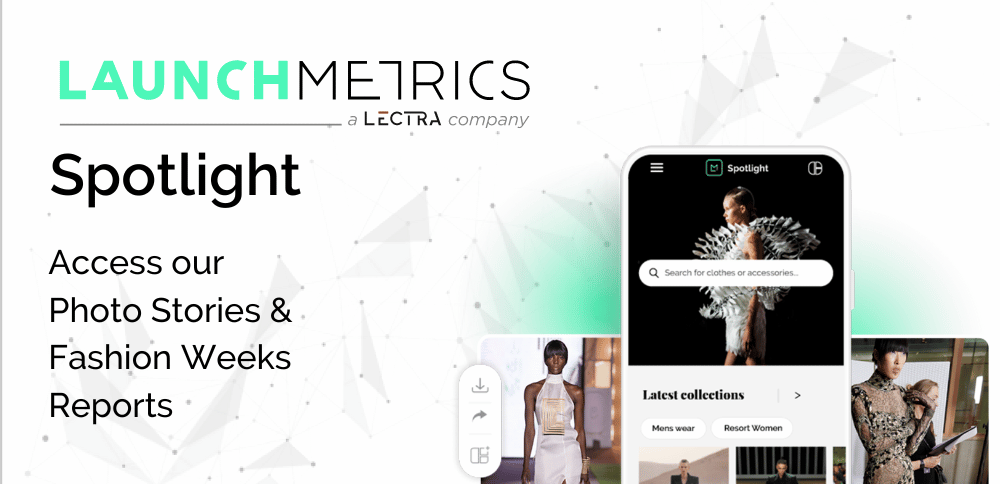Hashtags are everywhere. They have become such a common practice now that we have started using them far beyond their original purpose. Hashtags are in text messages, songs, chats, and advertisements. While they seem fun and harmless, you can actually get in hot water with the federal government for using them incorrectly!
Even if you are Kim Kardashian, you can get in big trouble with the FTC (Federal Trade Commission) when you don’t use the proper hashtags to inform your followers of an existing business relationship with a brand. Not too long ago, Warner Brothers was fined by the FTC for failing to adequately disclose influencer compensation in exchange for promotion of a game and post gameplay videos.
In this article you’ll learn…
Why is the FTC Involved in Social Media?
To give a brief history, the FTC is a government agency that has been around since 1914. Its primary goal is to promote consumer protection and to protect businesses by preventing anticompetitive business practices. Essentially, the FTC governs publications of commercial messages and aims to prevent any deceptive marketing practices.
The rise of social media coupled with the rapid growth of influencers has created a gray area of sponsored posts. Consumers are uninformed of what is an endorsement of a brand versus a paid promotion.
What Do We Need to Know?
- Gifting and Lending is Bribery!
“I’m not being paid to post”. It’s not whether you just take money from a brand to post. It can be in exchange for free clothes, discounts, and other perks. If you have a relationship with the brand, whether you are a spokesperson, ambassador, or investor, you have to disclose it in your post. #sponsoredpost - Posting JUST a Photo is Still an Endorsement.
Whether it is on your blog or social media account, the FTC says yes, a photo is an endorsement. Posting a photo is enough to influence consumer behavior, which is why you need to disclose if you have received compensation. If you share an Instagram post on Twitter, or any linked accounts, you need to make sure your disclosure appears on all of your accounts. FTC regulations are becoming stricter day-by-day. - Limited Space is NOT an Excuse.
Twitter only allows 140 characters; this does not give you the excuse to pass along disclosures.
These are unacceptable # disclosures: #SP, #SPON, #COLLABORATION, #PARTNERSHIP
Language along the line of partner and collaboration are not clear enough to shield you from the brands liability.
So how do we play safe?
Add #ad to your post, preferably at the beginning. The FTC demands clear statements that aren’t hidden. If a consumer sees your post and easily understands that this post is equivalent to a TV commercial or a traditional ad campaign as you see in a magazine, then you are clear. This is exactly what influencers need to be doing with their hashtags. They need to be really cognizant about what it is they are disclosing and the manner they are disclosing it in. #ad , “Ad:” or “Sponsored will suffice if they are not hidden.
“A good rule of thumb is, if you find yourself trying to trick your viewers into thinking it isn’t a sponsored post, you’re doing it wrong!” says Julie Zerbo, Founder & Editor-in-chief of The Fashion Law.
Although there are not a lot of sources written about the law as it applies to the fashion industry, the FTC is becoming more savvy about social media and is paying increased attention to this area. Brands and influencers need to be top of this to avoid potential future legal ramifications. The FTC let Warner Bros go with a slap on the wrist, but the next perpetrator might not be so lucky!
To learn more, check out our webinars!
 See photo stories & Fashion Weeks reports
See photo stories & Fashion Weeks reports Download the case study
Download the case study Join Performance Summit 2025
Join Performance Summit 2025  See all job offers
See all job offers